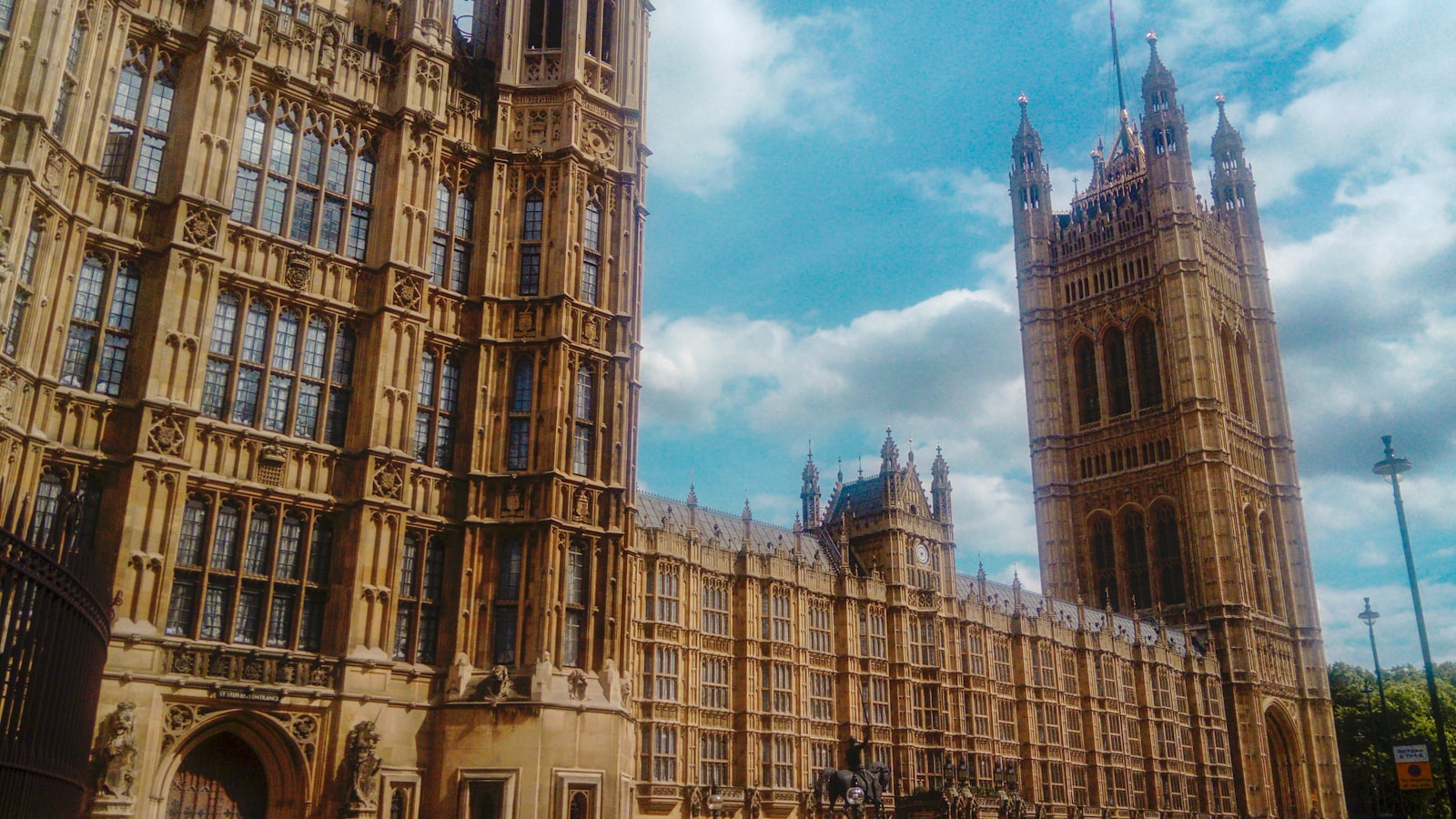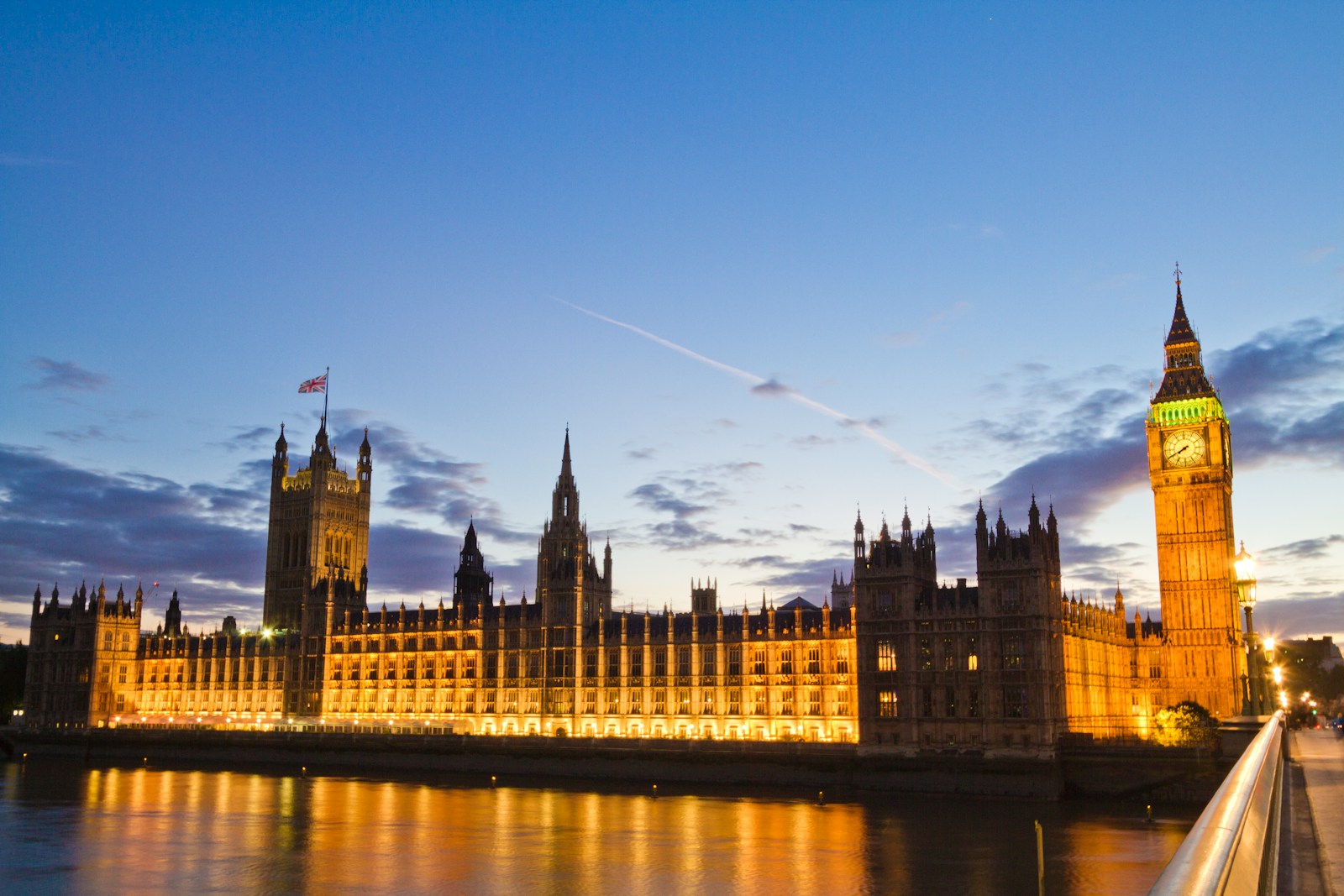
Introduction
The British Parliament is a venerable institution, steeped in history and tradition. With its grand buildings, eloquent debates, and political machinations, it has long captured the imagination of those both inside and outside the United Kingdom. However, behind the serious façade lies a treasure trove of bizarre customs and traditions that often leave outsiders scratching their heads. Let’s dive into some of these peculiar practices that have persisted through the ages, showcasing the unique character of British political life.
The State Opening of Parliament: A Royal Affair
One of the most spectacular events in the British parliamentary calendar is the State Opening of Parliament. This grand occasion marks the beginning of the parliamentary year and is filled with pomp and ceremony. The Queen’s Speech, delivered from the throne in the House of Lords, outlines the government’s legislative agenda, but it is the rituals surrounding the event that truly stand out.
First, we have the ceremonial procession. Dressed in full regalia, the Sovereign travels from Buckingham Palace in a golden coach, accompanied by the Household Cavalry. As the Queen arrives, she is received by the Lords Spiritual and Temporal, and the Commons have to wait outside. The Commons do not enter until they receive an official summons, an act that harks back to the days when the monarch had absolute power. Why do they wait? It’s a throwback to a time when the monarch would summon Parliament to discuss matters of the state. It may seem outdated, but it’s a delightful reminder of the past.
The Speaker’s Chair: A Symbol of Neutrality
Another curious aspect of the British Parliament is the role of the Speaker of the House of Commons. The Speaker is elected by Members of Parliament (MPs) and is expected to remain impartial, acting as a referee during debates. However, there’s a rather bizarre tradition that underscores this impartiality: the Speaker is not allowed to show any political allegiance.
When the Speaker is elected, they must agree to ‘give up’ their party affiliation. To symbolize this, the Speaker is dressed in a traditional black robe and sits on a throne-like chair, known as the Speaker’s Chair. If they are seen showing favoritism, they are metaphorically “dragged” out of the chair by their fellow MPs. The Speaker’s impartiality is crucial for maintaining order, but the dramatic image of an MP being pulled from their seat adds a layer of theatricality to the proceedings.
Black Rod and the House of Commons
Every year during the State Opening of Parliament, the House of Commons is ceremoniously ‘invaded’ by Black Rod. The role of the Gentleman Usher of the Black Rod dates back to the 14th century, and the custom is both strange and fascinating. When the Queen is ready to deliver her speech, Black Rod is sent to summon the Commons to the Lords to hear it. However, there’s a catch—the doors to the Commons are slammed shut in his face.
This symbolic act represents the Commons’ independence from the Crown. Black Rod must then summon the Commons by banging on the door three times, after which they’re allowed to enter. This dramatic scene, with the Lords waiting and the Commons being summoned, reflects the ongoing tug-of-war between the monarchy and Parliament.
The Dog That Barks: The Parliament Cat
While not as well-known, the furry residents of Parliament also deserve a mention. The tradition of having cats in the Houses of Parliament goes back centuries, intended to control the rodent population. However, it’s the current feline resident, Larry the Cat, that has captured public affection.
Larry, who is technically the “Chief Mouser to the Cabinet Office,” is often seen lounging on the steps of 10 Downing Street or prowling the halls of Westminster. Interestingly, Larry has become somewhat of a celebrity, even having his own Twitter account! His presence has become a quirky part of the fabric of Parliament, illustrating that even amidst serious political discourse, a bit of feline charm can lighten the atmosphere.
The Seven Whips: A Whimsical Role
In the competitive world of British politics, the role of the Whip is crucial, yet it comes with its own set of eccentricities. Whips are party officials responsible for maintaining party discipline and ensuring that MPs attend and vote according to party lines. However, the true bizarre element comes into play in the form of the “whip” itself.
There are three types of whips: one-line, two-line, and three-line whips. A three-line whip is the most serious, indicating that attendance is mandatory. But what’s truly quirky is the origin of the term. It dates back to the 18th century and was derived from the phrase “whipping in,” which referred to the practice of making sure that all party members were present and accounted for, much like rounding up hounds for a hunt.
The Prime Minister’s Questions: An Unruly Tradition
Every Wednesday, the Prime Minister faces an hour of intense questioning from MPs during Prime Minister’s Questions (PMQs). While this is a regular occurrence in the political calendar, the atmosphere often resembles a schoolyard playground more than a serious parliamentary session. The exchanges can range from pointed questions to heckling and laughter, creating a spectacle that is both entertaining and chaotic.
The tradition started in the late 19th century as a way to hold the Prime Minister accountable to the House of Commons. However, the theatrical nature of the event, with MPs shouting and jeering, has led to a reputation of disorder. It’s not uncommon for the Speaker to have to restore order, calling on MPs to “calm down” in the middle of a heated debate. This tradition showcases the spirited nature of British politics, where lively debate is encouraged, albeit sometimes with a bit too much exuberance.
A Peculiar Dress Code: From Wigs to Suits
The dress code in Parliament has evolved over the years, but it still retains a few unusual remnants from history. A significant part of the British parliamentary tradition involves the wearing of wigs and robes, particularly in the House of Lords. While wigs are no longer worn by most members, the Lords still don their ceremonial attire during formal occasions.
Interestingly, the tradition of wearing a wig dates back to the 17th century when it was considered a sign of status and authority. Today, however, the sight of a group of men in wigs and robes can seem quite peculiar to the untrained eye. The attire may seem outdated, but it serves as a reminder of the long-standing traditions that continue to shape the legislative process.
Conclusion
The British Parliament, with its rich tapestry of history and tradition, offers a glimpse into the quirks of British political culture. From the State Opening of Parliament to the antics of PMQs, these bizarre customs add a layer of character that is both amusing and fascinating. While some traditions may seem inexplicable or out of touch, they contribute to the unique identity of British democracy. As we continue to navigate the complexities of modern politics, let’s not forget to embrace the whims and eccentricities that make parliamentary life so entertaining.

